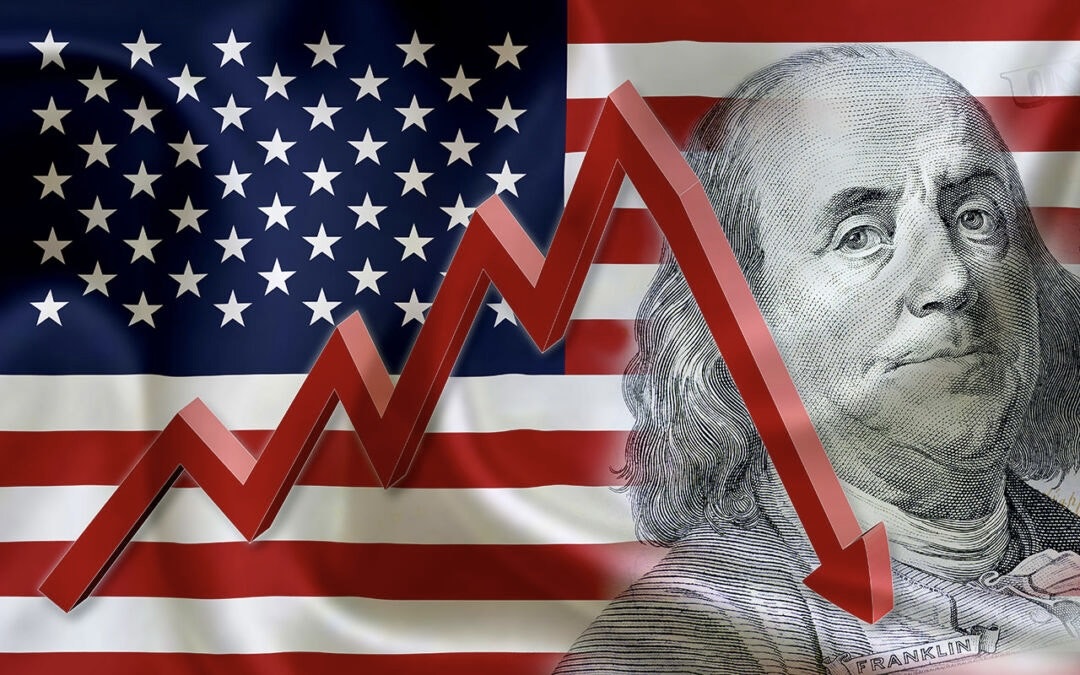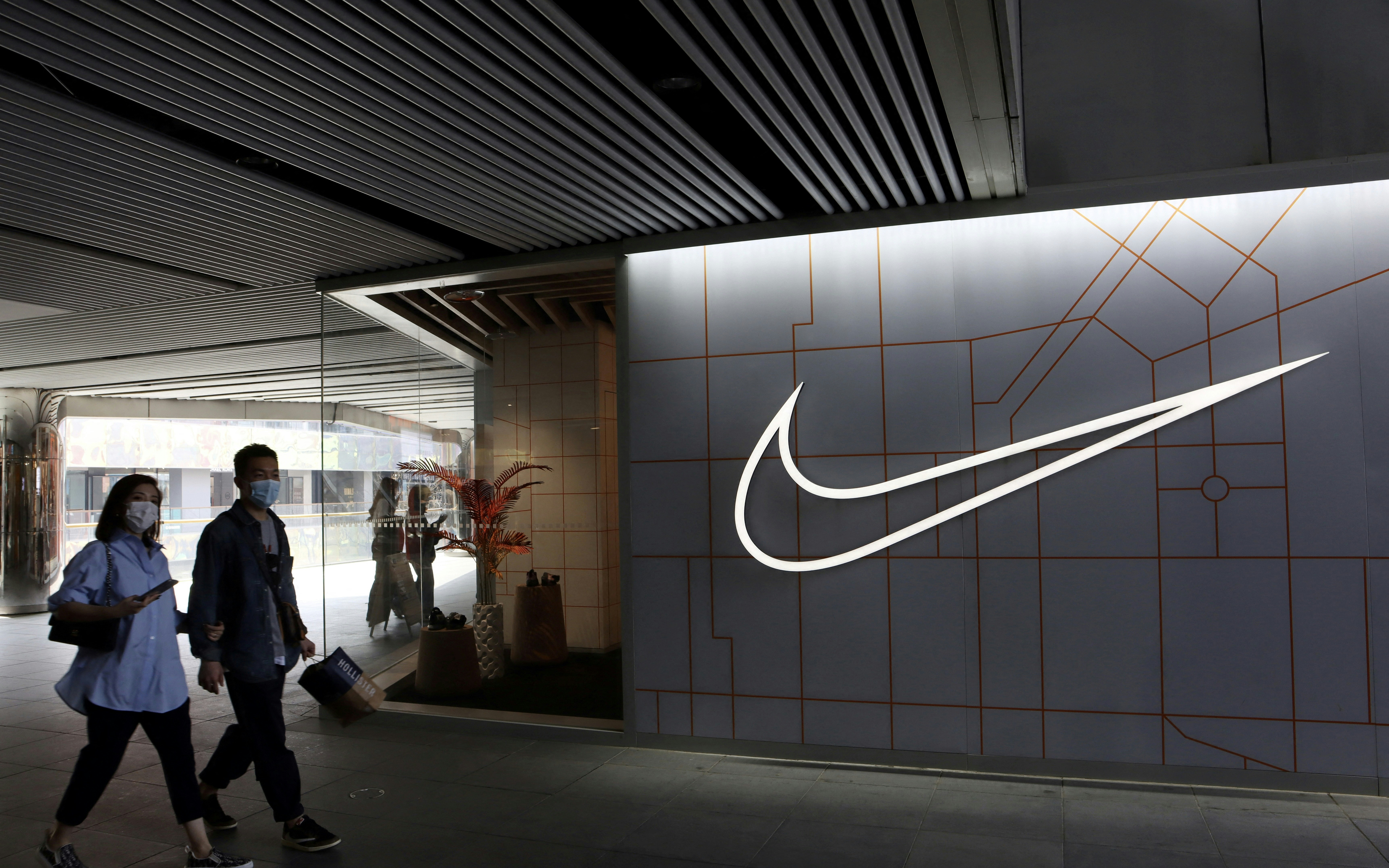Here is the translation of the heading:
"The global stock market correction, which began on Friday and continued into this week, was triggered by concerns about the state of the US economy. A weaker-than-expected labor market report intensified investor worries. Stock prices plummeted as investors blamed the US Federal Reserve for maintaining high interest rates of 5.25 to 5.5 percent despite signs of a cooling economy.
Most economists, however, believe that the US will achieve a so-called "soft landing," where inflation returns to the Fed's 2 percent target without a significant rise in unemployment. "Aside from the unemployment rate, almost every indicator of the real economy is growing, some quite strongly," said Jason Furman, a former White House economist and now a professor at Harvard University. "Anyone who is certain that we are heading into a recession is dramatically overestimating our understanding of the economy," he added.
The labor market report on Friday showed the fourth consecutive monthly increase in the unemployment rate to 4.3 percent. This followed disappointing results from companies such as McDonald's and Diageo, which indicated a weakness among U.S. consumers. The figures prompted some analysts to worry that the U.S. could enter a recession, which might derail the global economy.
As soon as one starts worrying about a recession, one is usually already in one," said Andrew Hollenhorst, an economist at Citi. "Once the unemployment rate rises, it has always led to permanent layoffs in past economic cycles.
The data increased pressure on the central bankers in the Federal Open Market Committee (FOMC) to cut interest rates at their next meeting in September. So far, however, decision-makers have remained calm. The President of the Chicago Fed and FOMC member Austan Goolsbee noted on Monday that the stock market has "much more volatility" than the US central bank.
Nevertheless, the markets are pricing in four or five interest rate cuts of a quarter percentage point each this year, compared with three before last week’s labor market data. "If you sit on the FOMC, the risk of action versus inaction has fundamentally shifted," said Adam Posen, Director of the Peterson Institute for International Economics.
Despite the Concerns of Pessimists, Economists Argue That Recent Data Is Less Alarming
Fed representatives have also pointed out that the unemployment rate is still historically low.
Another concern is whether US consumers can continue to drive growth as unemployment rises and savings accumulated during the pandemic dwindle. Default rates on auto loans and credit cards have increased, particularly among low-income households. However, they have not yet reached levels associated with the 2008 financial crisis, according to data from the New York Fed.
As the consumer goes, so goes the US economy," said Ryan Sweet, chief US economist at Oxford Economics. "Overall, the consumer is doing pretty well, but there are weak spots, particularly among low- and middle-income households." Others note that the most severely affected households may not have enough purchasing power to impact the entire US economy. "Do the hardest-hit have enough purchasing power to drag down the entire economy? The answer is: not really," said Philipp Carlsson-Szlezak, global chief economist at BCG.
Analysts also say that discounts from retail giants like Walmart and Target could boost consumer spending. "Consumers are getting some additional purchasing power," said Paul Christopher, an economist at Wells Fargo. "Even if their credit cards are full or nearly full.





